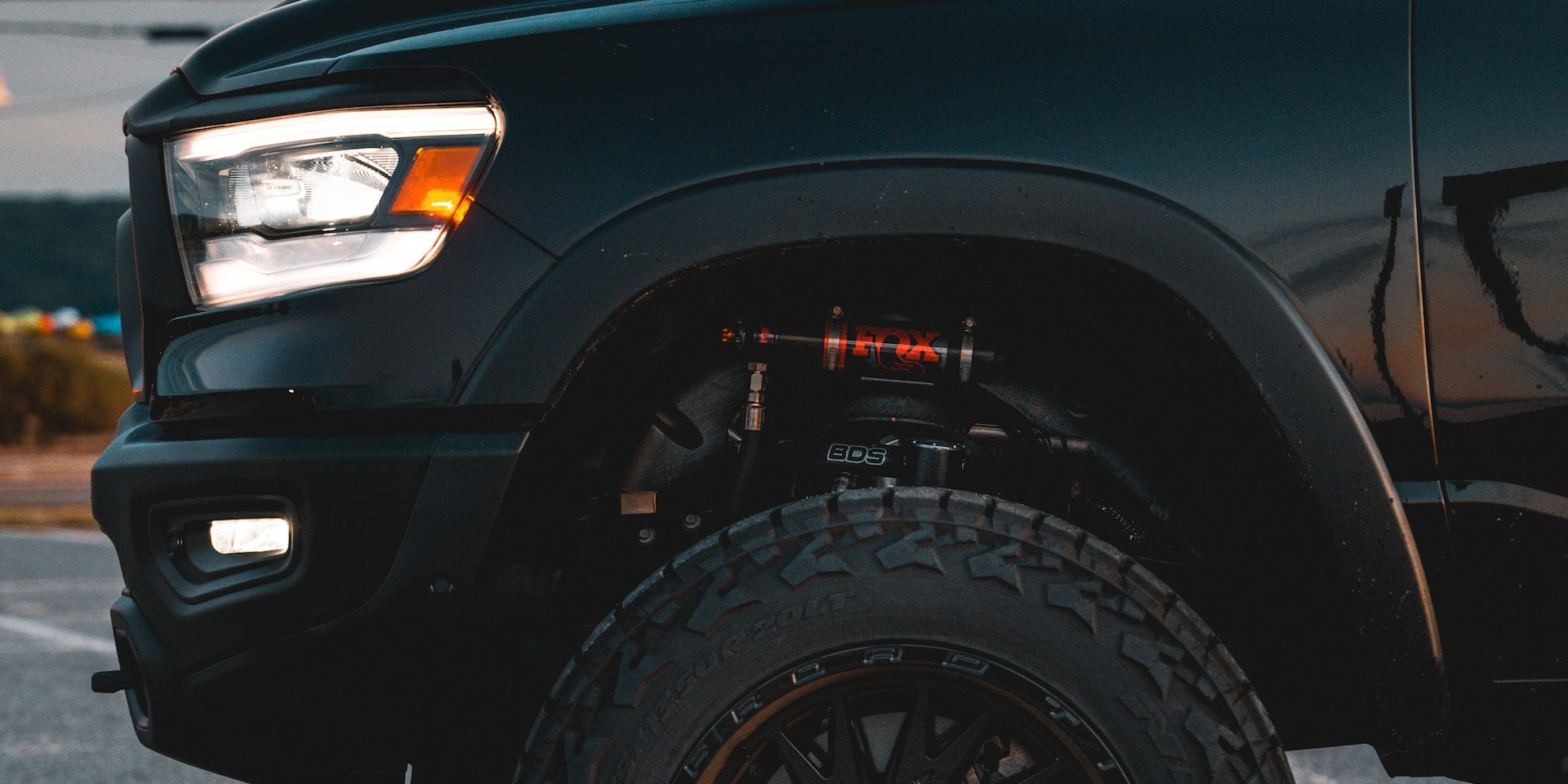
South Carolina Bans Squat Cars and Trucks
Say goodbye to the “Carolina Squat.”
As of May 17, 2023, South Carolina law prohibits “squat” vehicles on the state’s streets and roads. The “Carolina Squat,” also known as the “Tennessee tilt” or the “Cali lean,” describes vehicles whose front ends have been raised. The modification makes a car or truck appear as if it is squatting on its back tires.
What Does the Carolina Squat Law Prohibit?
The new law prohibits drivers from operating “a passenger motor vehicle” on South Carolina’s roads if their vehicle modifications cause “the height of the front fender is raised or lowered four or more inches greater than the height of the rear fender.” Drivers may face fines of up to $100 for a first offense, $200 for a second offense, and $300 for a third offense. The state Department of Motor Vehicles may suspend the driver’s license for one year for third violations.
South Carolina law enforcement officers may begin issuing fines in November 2023, 180 days after the law’s approval. Until then, law enforcement officers may issue warning tickets to drivers of squatted vehicles. Vehicle owners have until November to have their modifications removed, replace the vehicle with one that meets state requirements, or find alternative transportation options.
Why is South Carolina Banning Squat Vehicles?
Legislative work on the new law gained momentum after a “squatted” pickup truck hit and killed a Myrtle Beach pedestrian in 2021. The legislation reflects lawmakers’ concerns that the modification prevents drivers from having a clear view of the area in front of their vehicles.
Squatted vehicles pose more significant dangers to pedestrians in a collision. Research on rising pedestrian death rates reveals that taller vehicles, like pickup trucks and SUVs, are more likely to cause death in a pedestrian crash than smaller vehicles. Taller vehicles are more likely to strike a pedestrian in the head, neck, back, or chest, where deadly injuries are more likely to occur. By contrast, shorter vehicles like compact cars and sedans are more likely to hit a pedestrian in the legs, where injuries may be severe but not fatal.
Many drivers purchase larger vehicles because they believe these vehicles will offer better protection in a crash. Additional research indicates, however, that this is not the case. Occupants of large pickup trucks, SUVs, or modified vehicles like squatted trucks don’t fare better than motorists overall in crash deaths or injuries. Instead, these vehicles are more likely to cause serious injuries or death to others outside the vehicle without protecting those inside.
Other States Ban Lifted and Squatted Vehicles as Well
South Carolina passed a law several years ago prohibiting “lifted” vehicles, or vehicles in which both the front and rear fenders were raised beyond a certain height. That law, however, did not specifically address vehicles in which only one fender was raised. The new law amends the lift law to include “squat” style modifications.
South Carolina joins its neighbors North Carolina and Virginia in banning squatted trucks. North Carolina banned the modification from public roads in 2021. Like South Carolina, North Carolina also requires a driver’s license suspension for any driver caught violating the law for a third time. Virginia’s law passed in 2022, followed a fatal crash in which a teen driver of a squatted truck crossed the center line and collided with another vehicle, killing its driver. Investigators believe that the obstructed view from the squatted truck contributed to that crash.
Squatted trucks originated in California’s Baja racing scene, where a lowered back end allowed racers to crest hills quickly without landing the truck nose-first. Outside of this specific type of racing, however, squatted trucks have no practical purposes.
Squatted trucks don’t have any benefits beyond being “cool” or “fun,” but they come with many risks. Decreased visibility is only one such risk. On a squatted truck, headlights may fail to illuminate dangers on the road ahead because they now point too far upward to be of use. Raised headlights can also blind oncoming drivers, causing a crash.
Also, squatted trucks lose some of their towing capacity, making them less useful as working vehicles. The truck brakes and handles differently due to the modification. Springs, shocks, and tires wear out faster than usual as well, which can result in an accident if drivers don’t stay on top of maintenance.
The South Carolina legislature determined that the “Carolina Squat” poses more risks than benefits to the state’s drivers and pedestrians. While this is one road danger that is on the path to being eliminated in South Carolina, there are many that still cause serious injury and death. If you have been injured in a vehicle accident, call our experienced personal injury lawyers at 843-720-2800 for a free consultation.




















